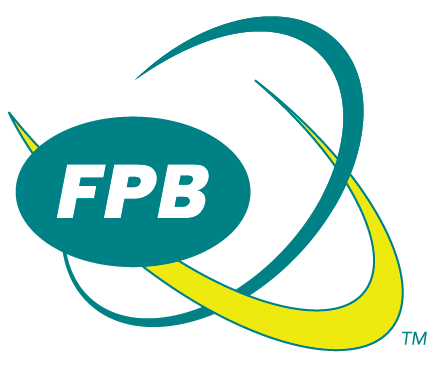Beware Telephone Tech Support Scams
/“Do not trust unsolicited calls. Do not provide any personal information.”
Because some customers have reported telephone scam incidents, we are posting the following message and support from Microsoft's website:
Cybercriminals don't just send fraudulent email messages and set up fake websites. They might also call you on the telephone and claim to be from Microsoft. They might offer to help solve your computer problems or sell you a software license. Once they have access to your computer, there's no limit to the damage they can do.
Neither Microsoft nor our partners make unsolicited phone calls (also known as cold calls) to charge you for computer security or software fixes.
How to protect yourself from telephone tech support scams
If someone claiming to be from Microsoft tech support calls you:
Do not purchase any software or services.
Ask if there is a fee or subscription associated with the “service.” If there is, hang up.
Never give control of your computer to a third party unless you can confirm that it is a legitimate representative of a computer support team with whom you are already a customer.
Take the caller’s information down and immediately report it to your local authorities.
Never provide your credit card or financial information to someone claiming to be from Microsoft tech support.
What to do if you already gave information to a tech support person
If you think that you might have downloaded malware from a phone tech support scam website or allowed a cybercriminal to access your computer, take these steps:
Change your computer's password, change the password on your main email account, and change the password for any financial accounts, especially your bank and credit card.
Scan your computer with the Microsoft Safety Scanner to find out if you have malware installed on your computer.
Install Microsoft Security Essentials. (Microsoft Security Essentials is a free program. If someone calls you to install this product and then charge you for it, this is also a scam.)
Note: In Windows 8, Windows Defender replaces Microsoft Security Essentials. Windows Defender runs in the background and notifies you when you need to take specific action. However, you can use it anytime to scan for malware if your computer isn't working properly or you clicked a suspicious link online or in an email message.




